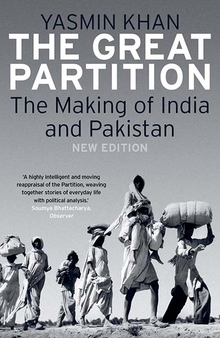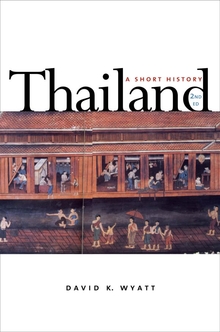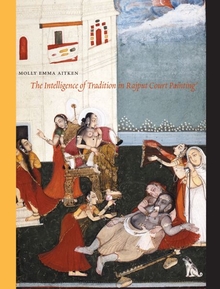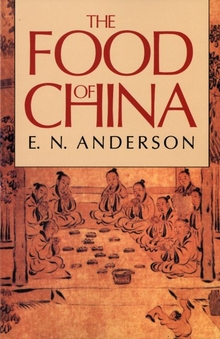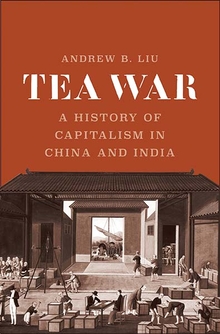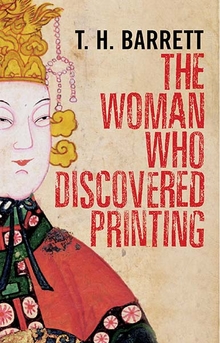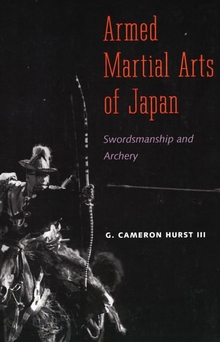The Great Partition
WARNING
You are viewing an older version of the Yalebooks website. Please visit out new website with more updated information and a better user experience: https://www.yalebooks.com
The Making of India and Pakistan
New Edition
Yasmin Khan
"Eloquently discusses the making of India and Pakistan after British rule on the subcontinent was dismantled in 1947. . . . A new look at this still important subject."—Library Journal
This new edition of Yasmin Khan’s reappraisal of the tumultuous India-Pakistan Partition features an introduction reflecting on the latest research and on ways in which commemoration of the Partition has changed, and considers the Partition in light of the current refugee crisis.
Reviews of the first edition:
“A riveting book on this terrible story.”—Economist
“Unsparing. . . . Provocative and painful.”—Times (London)
“Many histories of Partition focus solely on the elite policy makers. Yasmin Khan’s empathetic account gives a great insight into the hopes, dreams, and fears of the millions affected by it.”—Owen Bennett Jones, BBC
Yasmin Khan is associate professor of history and Fellow of Kellogg College, University of Oxford, and author of The Raj at War: A People’s History of India’s Second World War.
"…rather than dwelling on New Delhi’s political intrigue, [Khan’s] insightful book focuses on the oft-ignored social undercurrents that contributed to the mass violence."---Tarquin Hall, The Sunday Times
"… an elegant, scholarly analysis of the chaotic severing of two Pakistans (now Pakistan and Bangladesh) from India in 1947. Khan’s book is splendidly researched, and she has an eye for illuminating details of how Partition affected everyday lives."--- Alex von Tunzelmann, Daily Telegraph,
"After independence, refugees made up almost half the population of Lahore, and almost a third of Delhi. Many were badly traumatised; some went mad. One of Khan’s many achievements in this powerful book is to link this terrible suffering to the blueprint for Partition, “loftily imposed from above”. She seethes with anger at the British manner of leaving the sub-continent, “rushed and inadequately thought out”. She condemns the decision to send British troops home and to shift responsibility for peace-keeping to the nascent governments, before they had even begun to function."---Susan Williams, The Independent,
"Khan’s angry, unsparing analysis of catastrophe is provocative and painful."---The Times
"[A] highly intelligent and moving reappraisal of the Partition, weaving together stories of everyday life with political analysis."--Soumya Bhattacharya, The Observer
Publication Date: August 29, 2017
25 b/w illus.

